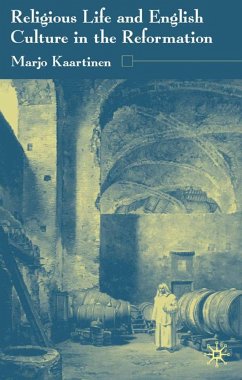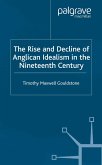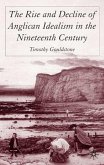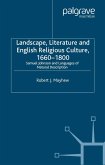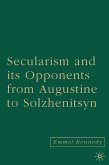Marjo Kaartinen has brought the world of monks, friars, and nuns freshly alive in the late fifteenth and early sixteenth century. Their monastic vows - obedience, poverty, chastity, and stability - still made a difference to them and to the laypeople around them, even when they failed to live up to them. Much of Kaartinen's story is told through the words of the religious themselves, from self-defence to self-criticism, and this makes the reading all the better. Religious Life and English Culture in the Reformation helps us understand why some forms of Catholic sensibility lasted so long and why Protestant reformers drew from the very ideals they wanted to undermine.
'Marjo Kaartinen has brought the world of monks, friars, and nuns freshly alive in the late fifteenth and early sixteenth century. Their monastic vows - obedience, poverty, chastity, and stability - still made a difference to them and to the laypeople around them, even when they failed to live up to them. Much of Kaartinen's story is told through the words of the religious themselves, from self-defense to self-criticism, and this makes the reading all the better. Religious Life and English Culture in the Reformation helps us understand why some forms of Catholic sensibility lasted so long and why Protestant reformers drew from the very ideals they wanted to undermine.' - Natalie Zemon Davis, Princeton University

